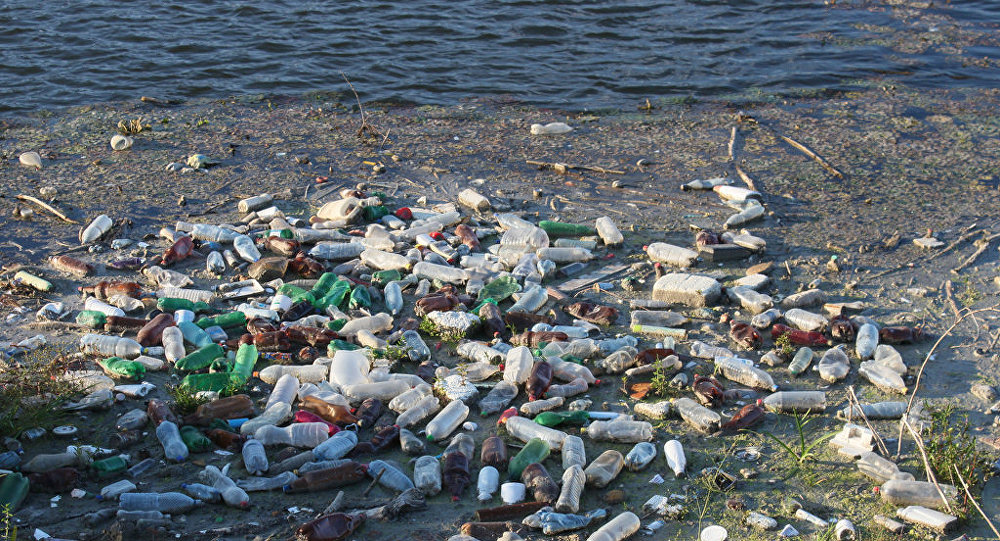Good morning! After five years of tests and trials, scientists on Saturday launched a revolutionary new marine waste collection system from San Francisco Bay aimed at tackling the growing environmental crisis of plastic waste accumulating in the Pacific Ocean—the now-infamous Great Pacific Garbage Patch.
The ultimate objective of the project—its initial incarnation has been dubbed System 001—is to remove plastic debris in the North Pacific Ocean, with the goal of collecting five tonnes of plastics each month. Cleanup System 001 was launched on 8 September toward an offshore location 240 nautical miles away, where it will conduct a two-week final trial before heading toward its primary target, the Great Pacific Garbage Patch, some 1,200 nautical miles away.
The initiative is the brainchild of a resourceful entrepreneur from the Netherlands, 24-year-old Boyan Slat, who is confident that his invention can halve the quantity of plastic waste floating in the Pacific in as little five years. Slat’s startup, The Ocean Cleanup, founded in 2013, has developed a passive collection system of floating booms to be arranged in kilometer-long U-shaped arrays that use the ocean’s natural currents to skim swathes of waste from the ocean’s surface to collection points, where it can be extracted and shipped back to shore for recycling.
South Korean Buddhist monk Haemin Sunim, a renowned meditation teacher, bestselling author, and a former professor, has founded the School for Broken Hearts, where he shares the teachings in a way that speaks to people on a practical level and helps them cope with the heartache of their daily lives. The forty-five-year-old Seon (Zen) monk was inspired to set up the non-profit teaching center in downtown Seoul, offering free and paid courses, after he realized that many people in pain were not finding succor in the standard advice they received at the temple from himself and his fellow monastics.
The government of India this week indicated that it is reviewing its stance on the status of His Holiness the Karmapa in India. A senior official from India’s Ministry of Home Affairs stated that the authorities are willing to ease restrictions on His Holiness’ movements in India, and dismissed suspicions previously held by the country’s intelligence community that the Karmapa was acting as an agent for China.
Since the turn of the century, Buddhism has emerged as a major strategic tool in the “soft diplomacy” efforts of Asia’s emerging economic behemoths China and India. The governments of both countries have been active in promoting their respective Buddhist histories, jockeying to positions themselves as cradles of Buddhist thought and culture in order to bolster their political power with the weight and reach of Buddhism’s cultural and spiritual influence, both domestically and internationally.
Dharma Dispatch is a weekly curated summary of the most important Buddhist news. See all our briefings here.

